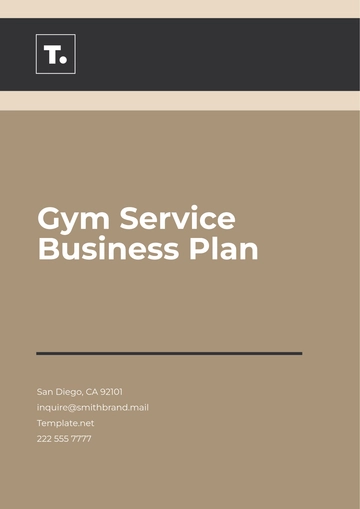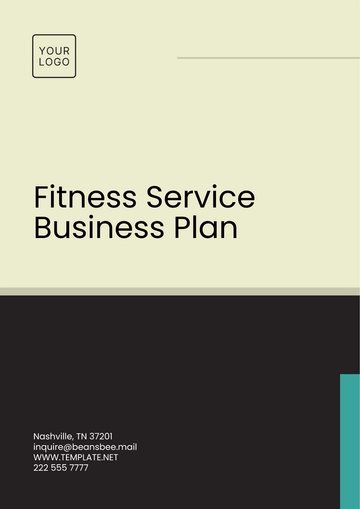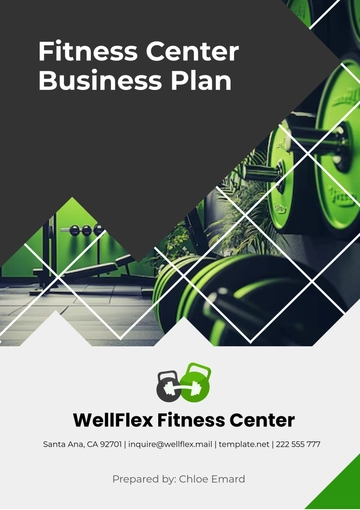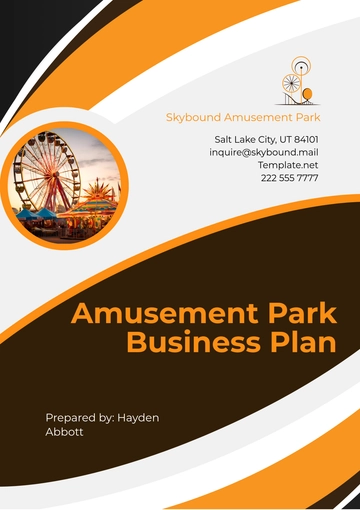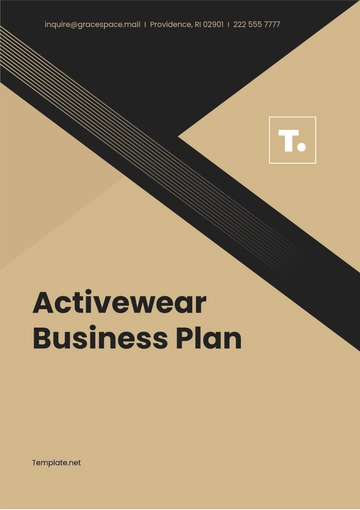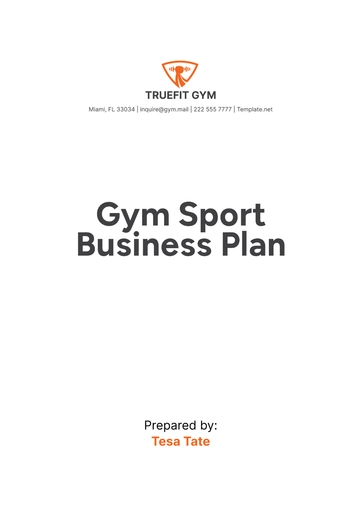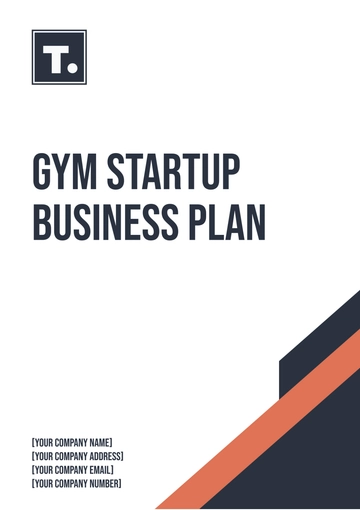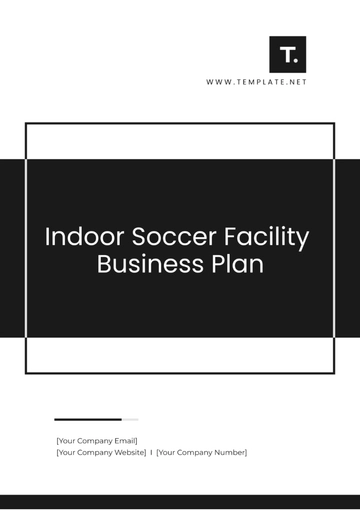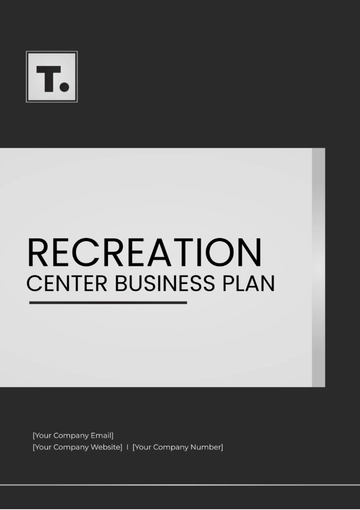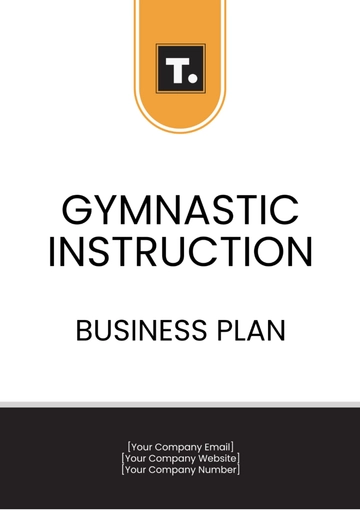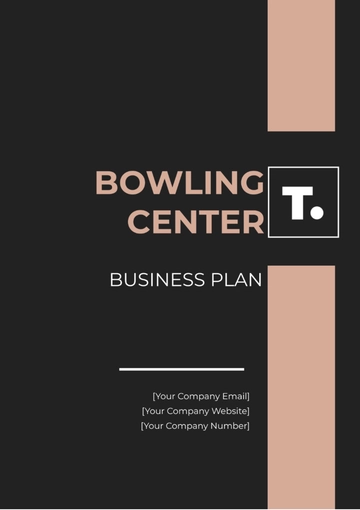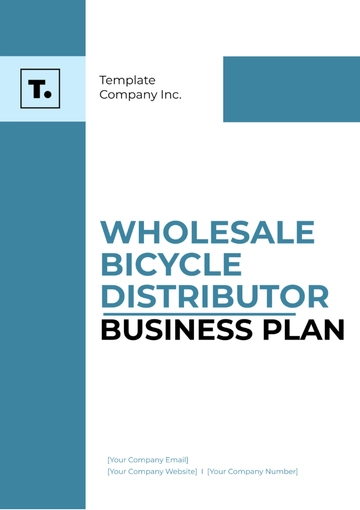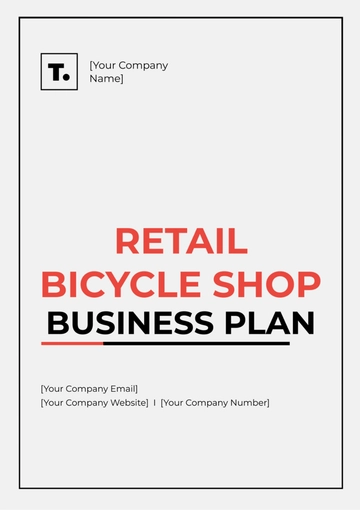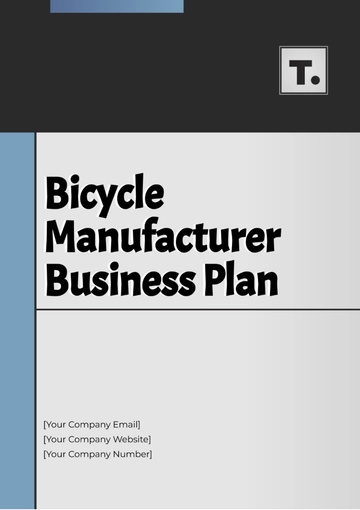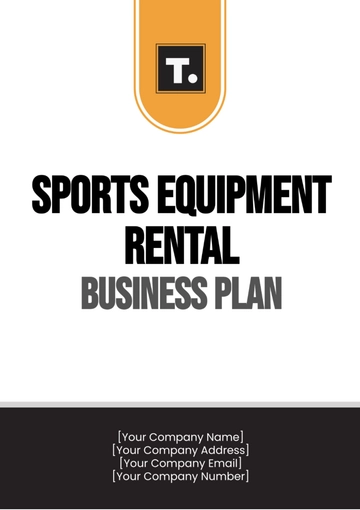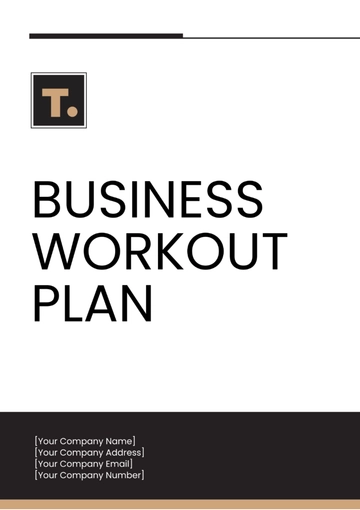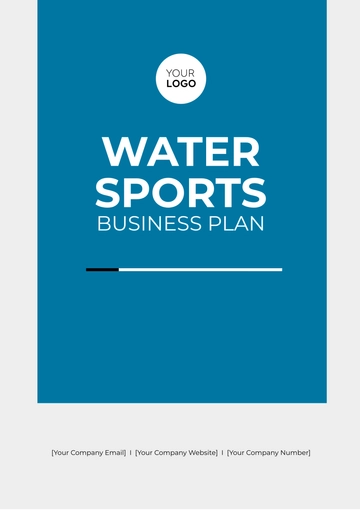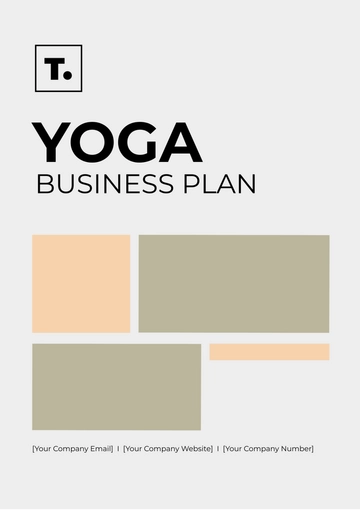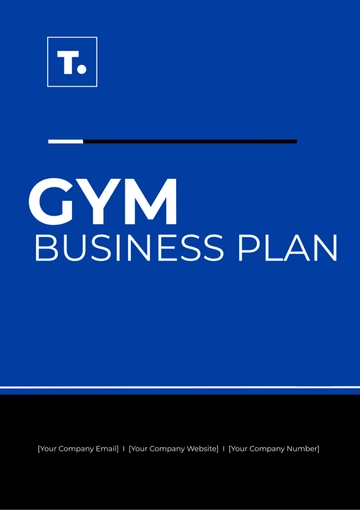Free Amusement Park Business Plan
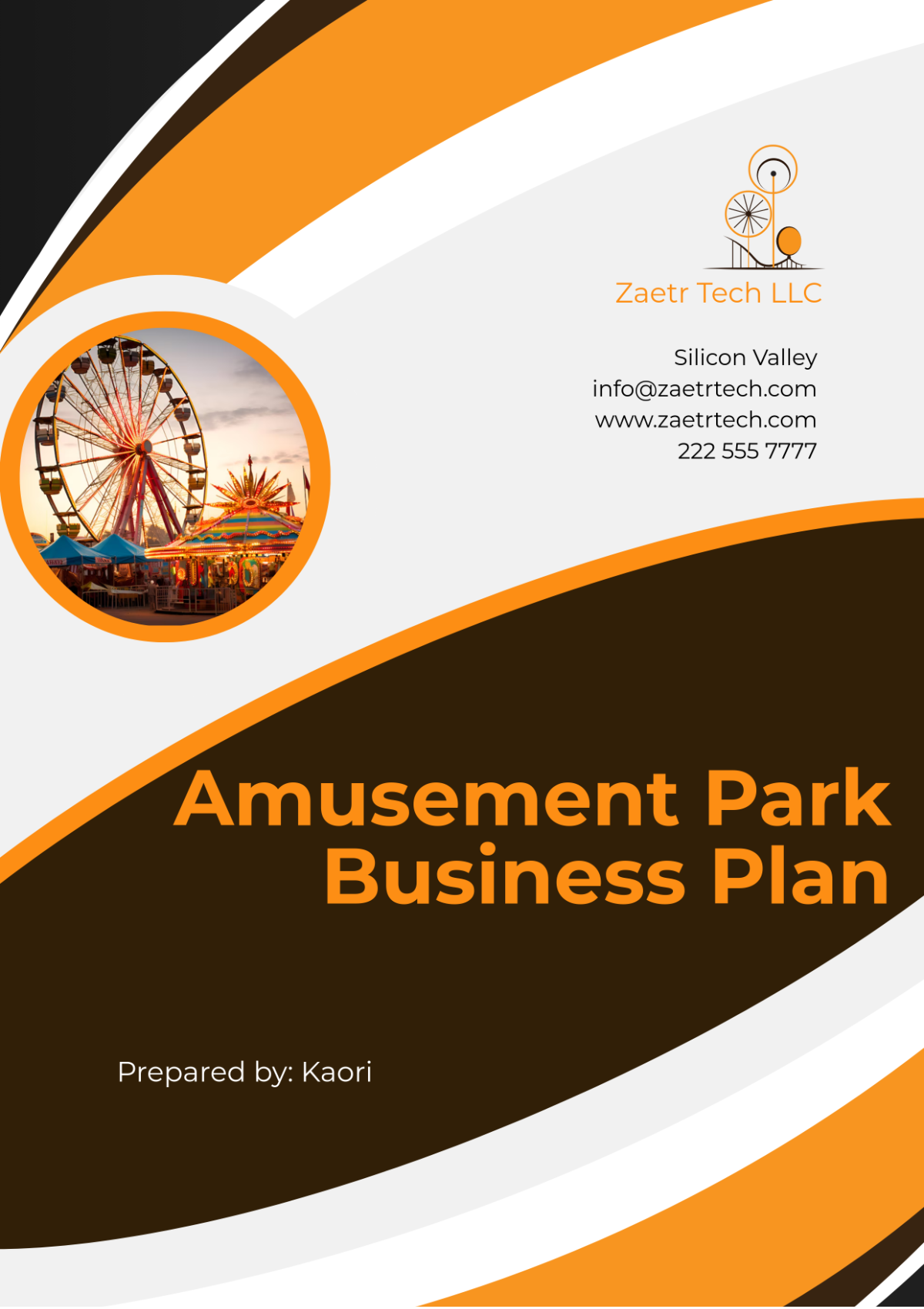
I. Executive Summary
A. Business Overview
[Your Company Name] is poised to launch a state-of-the-art amusement park in [2050], which promises to be a leading destination for entertainment in the region. The park will feature a diverse array of attractions, entertainment options, and services tailored to families, thrill-seekers, and tourists. Our objective is to create an immersive experience that transcends traditional amusement park offerings by integrating innovative technologies and interactive attractions. With an initial investment of $[100 million], we aim to develop a world-class facility equipped with cutting-edge technology, stringent safety standards, and exceptional customer service.
The park's location is strategically selected to be easily accessible, situated near major highways and public transportation, allowing visitors to travel effortlessly from surrounding areas and cities. Our projections indicate that we will attract over [1 million] visitors annually within the first three years of operation, generating substantial economic activity and creating numerous local jobs.
B. Mission Statement
At [Your Company Name], our mission is to create a thrilling, unforgettable, and safe entertainment experience for people of all ages. We strive to deliver outstanding customer service, exceptional value, and a variety of exciting new attractions that cater to families, adventure enthusiasts, and tourists alike. We are dedicated to fostering an inclusive and joyful atmosphere for all visitors, ensuring a sense of wonder and excitement with every visit.
C. Vision Statement
By [2055], [Your Company Name] aspires to be recognized as one of the top ten amusement parks globally. We will continuously invest in new attractions, enhance customer engagement, and adopt innovative technologies to ensure that our offerings remain fresh and relevant. Our vision encompasses creating a space where families and friends can create lasting memories and enjoy a shared sense of adventure.
D. Objectives
To achieve visitor attendance of [1.2 million] by the end of year one, increasing to [2 million] by [2055].
To generate an annual revenue of $[50 million] within the first three years of operations, ensuring financial stability and growth.
To introduce at least three new rides or attractions every year to keep the offerings fresh and competitive in the market.
To achieve a customer satisfaction score of at least [90%], as measured by visitor surveys, ensuring that we meet and exceed expectations.
To maintain a net profit margin of [20%] by the end of year five, ensuring sustainable growth and the ability to reinvest in the park.
II. Market Research
A. Industry Overview
The global amusement park industry is projected to grow at a compound annual growth rate (CAGR) of [10%] from [2050] to [2060], driven by rising disposable incomes, increased interest in leisure activities, and advancements in technology that enhance the visitor experience. Notably, the market has shown resilience in the face of economic fluctuations, as people consistently seek entertainment and leisure activities for relaxation and enjoyment. The industry is increasingly characterized by larger-scale attractions, immersive digital experiences, and the integration of augmented and virtual reality, which can significantly enhance the customer experience.
The competitive landscape consists of major theme parks such as Disneyland, Universal Studios, and various regional amusement parks. However, with our unique blend of technology-forward experiences, a strong focus on sustainability, and dedicated customer service, [Your Company Name] plans to carve out a competitive edge in this growing market.
B. Target Market
Our primary target market comprises families with children between the ages of [5-18], representing approximately [50%] of our expected visitors. This demographic often seeks family-friendly attractions and activities that provide value for money. Additionally, our secondary markets include:
Teenagers and Young Adults (Ages [18-30]): This group is known for seeking adrenaline-pumping rides and immersive digital experiences. They are expected to account for about [30%] of our visitors. They are also influenced by social media trends and often share their experiences online, which can enhance our visibility and attractiveness.
Tourists: We will attract international tourists looking for unique entertainment destinations, contributing approximately [15%] of our visitors. This group often seeks comprehensive experiences that include dining, shopping, and entertainment options.
Corporate Groups: We will also target corporate events and retreats for team-building and entertainment purposes, contributing around [5%] of our total visitors. These events can include workshops, parties, and team outings.
C. Market Needs
Visitors are seeking more than just traditional amusement park experiences; they want immersive, interactive, and personalized experiences that create lasting memories. Key market demands include:
Family-friendly Attractions: A diverse mix of rides suitable for all age groups, from toddlers to teenagers, ensuring that every family member can enjoy their visit.
Technology-driven Experiences: The use of augmented reality (AR), virtual reality (VR), and immersive theater experiences to enhance the visitor experience and create engaging interactions.
Sustainability: Environmentally friendly practices such as solar-powered rides, waste reduction initiatives, and eco-friendly operations that appeal to environmentally conscious consumers.
Safety: Enhanced safety measures to ensure a secure experience for all visitors, including contactless payments, biometric entry systems, and rigorous ride safety protocols.
D. Competitor Analysis
The competition includes various amusement parks, both locally and globally. Below is a detailed table summarizing key competitors, their strengths, weaknesses, and how [Your Company Name] intends to compete effectively.
Competitor | Strengths | Weaknesses | [Your Company Name] Strategy |
|---|---|---|---|
Disneyland | Strong brand recognition, global presence, themed experiences | High ticket prices, long wait times | Offer unique tech-driven rides and immersive experiences at competitive pricing, ensuring a high value-to-cost ratio. |
Universal Studios | Popular movie-themed attractions with a strong fan base | Focused on film franchises, limits variety | Introduce original themed zones that blend immersive storytelling with technology, appealing to a broader audience. |
Local Amusement Parks | Affordable pricing and easy accessibility | Limited large-scale attractions and tech features | Provide affordable family packages while delivering high-tech and large-scale experiences that local parks cannot match. |
Six Flags | Thrill-focused rides with a diverse lineup | Limited family-friendly attractions | Broaden our appeal by offering a balanced mix of thrill rides and family-oriented experiences, ensuring something for everyone. |
In addition to this analysis, we will continuously monitor competitors to adapt our strategies and enhance our offerings, ensuring that we stay relevant in a dynamic marketplace.
III. Operational Plan
A. Location and Facilities
[Your Company Name] will be located on a strategically selected [200-acre] site near [city or region], chosen for its proximity to major highways, public transportation hubs, and hotels. This location will facilitate ease of access for both local residents and international tourists. The amusement park will feature:
[50] Rides and Attractions: A diverse mix of roller coasters, water rides, and family-friendly attractions, ensuring a broad appeal to various demographics. This variety will include both high-thrill rides and gentle rides for younger children, allowing families to enjoy the park together.
Technology Zones: Dedicated areas featuring AR and VR-based experiences, interactive games, and attractions that engage visitors in new ways. These zones will offer unique experiences that differentiate us from traditional amusement parks and draw in tech-savvy customers.
Performance Areas: Spacious venues for live shows, parades, and seasonal events, such as concerts and character meet-and-greets, providing additional entertainment value for guests. These areas will be designed to accommodate a range of performances, ensuring that we can attract popular acts and maintain a dynamic entertainment schedule.
Dining and Retail Outlets: A variety of food options, from casual dining to gourmet experiences, along with souvenir shops, will cater to different tastes and budgets. We will prioritize local and organic food options to align with sustainability goals while also offering popular international cuisines to appeal to tourists.
Sustainable Operations: We will implement eco-friendly initiatives, including solar energy panels, water recycling systems, and waste reduction practices to minimize our environmental footprint. These efforts will not only enhance our brand image but also attract environmentally conscious consumers.
B. Organizational Structure
To ensure smooth operations, our park will require a wide variety of personnel, each playing a crucial role in delivering a quality experience. Below is the organizational chart for [Your Company Name], highlighting key positions and their responsibilities.
Position | Responsibilities |
|---|---|
CEO | Oversee overall park operations, strategy, and growth initiatives, ensuring alignment with company goals. |
Operations Manager | Responsible for day-to-day park operations, staffing, and customer service, ensuring operational efficiency and a positive visitor experience. |
Marketing Director | Develop and implement marketing strategies, manage advertising campaigns, and oversee partnerships to boost park visibility. |
Finance Manager | Manage the park’s finances, budgeting, forecasting, and financial reporting to ensure financial health and sustainability. |
HR Manager | Oversee hiring, training, and employee management, fostering a positive workplace culture and ensuring compliance with labor laws. |
Ride Engineers | Ensure maintenance and safety standards are met for all rides and attractions, conducting regular inspections and repairs as needed. |
Event Coordinator | Plan and execute seasonal events, performances, and special experiences, ensuring that our entertainment offerings remain fresh and engaging. |
At peak times, [Your Company Name] will employ up to [1,000] employees, including full-time and part-time staff, ensuring that we have sufficient personnel to deliver excellent customer service and maintain park operations.
C. Technology Integration
In alignment with our commitment to providing an innovative visitor experience, we will integrate advanced technology throughout the park. Key technological initiatives include:
Mobile App: A user-friendly mobile application providing real-time information on ride wait times, park maps, dining options, and ticket purchasing capabilities, enhancing guest convenience and experience. The app will also feature personalized recommendations based on visitor preferences, allowing guests to maximize their time in the park.
Cashless Payment Systems: Implementation of cashless payment options throughout the park, streamlining transactions and improving guest experience while enhancing security. This will include mobile payments and RFID wristbands for quick access to rides and attractions, reducing wait times at entrances.
Smart Ride Queue Management: A digital queue system allowing guests to reserve spots for popular attractions via the app, thereby reducing wait times and enhancing overall satisfaction. This system will provide a more enjoyable experience by allowing guests to explore other areas of the park while waiting for their turn on rides.
Virtual Reality (VR) Experiences: Introduction of immersive VR attractions that transport guests to fantastical worlds, blending entertainment with technology for a memorable experience. These VR experiences will be designed to appeal to both thrill-seekers and families, with varying intensity levels to accommodate different preferences.
D. Safety Protocols
Safety is a top priority for [Your Company Name]. Our comprehensive safety protocols include:
Regular Maintenance Checks: All rides will undergo daily inspections, with more thorough monthly evaluations by certified ride engineers to ensure safety compliance.
Staff Training Programs: Rigorous training programs for all staff members focused on safety protocols, emergency procedures, and customer service skills, ensuring a well-prepared team ready to handle any situation.
Emergency Preparedness: Development of emergency response plans, including evacuation procedures, first aid stations, and communication systems to address any emergencies swiftly and effectively.
Health and Sanitation Measures: Implementation of enhanced sanitation measures in response to public health concerns, including frequent cleaning of high-touch surfaces, availability of hand sanitizing stations, and compliance with health guidelines.
IV. Marketing Plan
A. Marketing Strategy
To effectively reach our target market, [Your Company Name] will employ a comprehensive marketing strategy that leverages various channels and approaches. Key strategies include:
Social Media Campaigns: Utilizing platforms such as Instagram, Facebook, and TikTok to share engaging content, promotions, and visitor testimonials, enhancing our online presence and reaching younger audiences. We will also partner with influencers to showcase our attractions and engage potential visitors through authentic experiences.
Targeted Advertising: Implementing digital and traditional advertising campaigns to target families, tourists, and local residents, ensuring that our messaging resonates with our diverse audience. This includes advertisements in local newspapers, magazines, and digital platforms.
Promotions and Discounts: Offering special promotions, such as early bird ticket discounts, family packages, and seasonal events to incentivize attendance and attract first-time visitors. These promotions will be timed to coincide with holidays and school breaks to maximize attendance.
Partnerships: Collaborating with hotels, travel agencies, and local businesses to create package deals that encourage visitors to include [Your Company Name] in their travel plans. Partnerships with local schools and community organizations will also facilitate group outings and educational programs.
B. Advertising Budget
To effectively implement our marketing strategy, we anticipate allocating approximately $[5 million] for advertising and promotions in the first year. The breakdown of our advertising budget is as follows:
Marketing Channel | Budget Allocation ($) | Purpose |
|---|---|---|
Social Media Advertising | 1.5 million | Engage younger audiences and build brand awareness |
Digital Marketing | 1 million | Increase website traffic and online ticket sales |
Traditional Media (TV, Print) | 1 million | Reach local families and communities |
Promotions & Discounts | 1 million | Encourage attendance through special offers |
Partnerships and Sponsorships | 500,000 | Collaborate with local businesses and travel agencies |
C. Sales Forecast
Our sales forecast reflects our projected attendance and ticket prices over the next five years. Based on our market research and promotional strategies, we expect steady growth in visitor numbers, particularly as we expand our offerings and improve our marketing efforts.
Year | Projected Attendance (millions) | Average Ticket Price ($) | Projected Revenue ($) |
|---|---|---|---|
Year 1 | 1.2 | 45 | 54 million |
Year 2 | 1.5 | 50 | 75 million |
Year 3 | 1.8 | 55 | 99 million |
Year 4 | 2.1 | 60 | 126 million |
Year 5 | 2.5 | 65 | 162 million |
The projected growth in attendance and revenue reflects our commitment to continuously enhancing the visitor experience and expanding our attractions and services.
V. Financial Plan
A. Startup Costs
The initial investment of $[100 million] will be allocated as follows:
Expense Category | Estimated Cost ($) |
|---|---|
Land Acquisition | 20 million |
Construction and Development | 50 million |
Ride and Attraction Costs | 20 million |
Marketing and Promotions | 5 million |
Operational Setup Costs | 5 million |
B. Financial Projections
Our financial projections outline the anticipated revenue and expenses for the first five years of operation. The following table summarizes our expected financial performance:
Year | Projected Revenue ($) | Operating Expenses ($) | Net Profit ($) |
|---|---|---|---|
Year 1 | 54 million | 30 million | 24 million |
Year 2 | 75 million | 40 million | 35 million |
Year 3 | 99 million | 50 million | 49 million |
Year 4 | 126 million | 65 million | 61 million |
Year 5 | 162 million | 80 million | 82 million |
C. Break-even Analysis
With an initial investment of $[100 million] and anticipated revenues, we expect to break even by the end of Year [3]. This projection is based on a steady increase in attendance and revenues alongside careful management of operational costs. The following chart illustrates the expected timeline for reaching the break-even point:
Year | Cumulative Revenue ($) | Cumulative Costs ($) | Net Gain/Loss ($) |
|---|---|---|---|
1 | 54 million | 30 million | 24 million |
2 | 129 million | 70 million | 59 million |
3 | 228 million | 120 million | 108 million |
VI. Risk Management Plan
A. Potential Risks
Economic Downturns: Economic instability can lead to reduced discretionary spending, which may impact attendance levels. A comprehensive analysis of economic trends will help anticipate these changes.
Operational Risks: Mechanical failures or malfunctions in rides could cause downtime and reputational damage. Regular maintenance and inspections will mitigate these risks.
Safety and Legal Risks: Incidents or accidents could result in lawsuits and damage to our brand reputation. Implementing stringent safety protocols and staff training will help minimize these risks.
Weather Conditions: Adverse weather may affect attendance, especially for outdoor attractions. Offering indoor attractions and events will help maintain visitor interest during inclement weather.
B. Risk Mitigation Strategies
Diversified Attractions: By offering a mix of indoor and outdoor attractions, we can mitigate the impact of poor weather conditions on attendance. Indoor facilities will include entertainment areas, dining options, and interactive experiences.
Comprehensive Insurance: Securing comprehensive insurance coverage for equipment, liability, and operational risks will protect us from significant financial losses. This will also include coverage for business interruption due to unforeseen events.
Safety Protocols: Implementing rigorous safety measures, including routine checks, emergency drills, and training programs, will ensure our staff is well-prepared to handle any situation. Regular audits of safety procedures will help maintain compliance with industry standards.
Financial Reserves: Maintaining a contingency fund will help us cover unexpected expenses or revenue shortfalls. This reserve will be funded through a portion of our profits and will be evaluated regularly to ensure its adequacy.
VII. Conclusion
[Your Company Name] is uniquely positioned to succeed in the burgeoning amusement park industry by focusing on delivering a memorable visitor experience through innovative attractions, cutting-edge technology, and exceptional customer service. Our comprehensive business plan outlines strategies for marketing, operations, and financial management that will enable us to achieve our objectives and ensure long-term growth and profitability.
By investing in sustainability, diversifying our offerings, and embracing technology, we aim to create a premier destination that not only attracts visitors but also fosters community engagement and supports the local economy. With our well-defined operational structure, strategic marketing initiatives, and commitment to safety, we are confident that [Your Company Name] will thrive in the competitive landscape of amusement parks, achieving our vision by [2055] and beyond.
This detailed business plan serves as a roadmap for launching [Your Company Name] and establishing a lasting legacy in the amusement park industry. We invite stakeholders, investors, and partners to join us on this exciting journey, as we bring our vision to life and create a vibrant entertainment hub for generations to come.
- 100% Customizable, free editor
- Access 1 Million+ Templates, photo’s & graphics
- Download or share as a template
- Click and replace photos, graphics, text, backgrounds
- Resize, crop, AI write & more
- Access advanced editor
Launch your amusement park with confidence using the Amusement Park Business Plan Template from Template.net. This editable and customizable template helps you outline your park's vision, target market, operational strategies, and financial projections. Tailor it using our Ai Editor Tool to create a compelling plan that attracts investors and guides your operations.
You may also like
- One Page Business Plan
- Coffee Shop Business Plan
- Restaurant Business Plan
- Food Business Plan
- Real Estate Business Plan
- Executive Summary Business Plan
- Cover Page Business Plan
- Nonprofit Business Plan
- Daycare Business Plan
- Construction Business Plan
- Startup Business Plan
- Medical Business Plan
- Bakery Business Plan
- Service Plan
- Hotel Business Plan
- Catering Business Plan
- School Business Plan
- Healthcare Business Plan
- Transportation Plan
- Sports Plan
- Car Wash Business Plan
- Salon Business Plan
- Clothing Business Plan
- Farming Business Plan
- Boutique Plan
